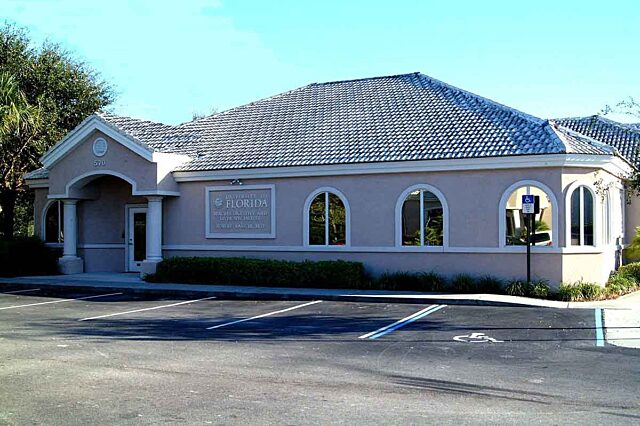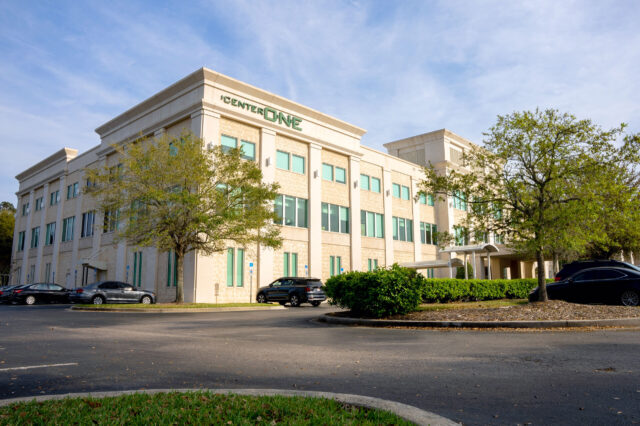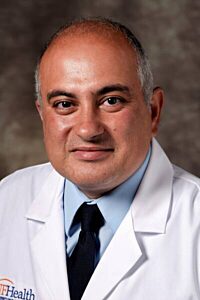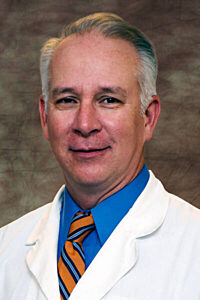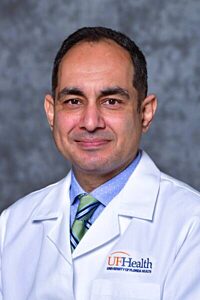Gastroesophageal reflux disease (GERD)
Gastroesophageal reflux disease, or GERD, is a chronic condition with symptoms of burning pain or heartburn that occurs when stomach acid moves into the esophagus. GERD is primarily caused due to weakness in the valve connecting the esophagus to the stomach or due to a hiatal hernia. With a hiatal hernia, some portion of the stomach moves up from its normal location in the abdominal cavity into the chest. Though most people experience occasional heartburn from time to time, chronic symptoms that occur on a regular basis and affect your quality of life are called GERD.
GERD: Symptoms
While GERD can manifest in multiple ways, the cardinal symptoms of GERD include heartburn and regurgitation. Heartburn, also called acid reflux, is the most common symptom of GERD. It can be mild or severe with a burning pain in the chest, neck or throat, either after eating or when lying down or bending over. Regurgitation refers to the sensation of acid in your esophagus or throat. Troublesome reflux can cause a bitter or sour taste in your mouth, cough due to aspiration of acid, and trouble swallowing due to inflammation in the esophagus.
GERD: Diagnosis
With GERD, your acid reflux is happening often, not just once in a while. The continual leaking of stomach acid causes inflammation in the esophagus that can have downstream consequences like scarring, bleeding, aspiration into the lung and the development of precancerous lesions. UF Health Gastroenterology in Jacksonville provides comprehensive care to patients with disorders of the gastrointestinal tract, liver and pancreas. They have access to highly specialized diagnostic testing for GERD that can help rule out other causes for your symptoms, such as hiatal hernia. Testing may include an endoscopy to look at the lining of the esophagus, X-rays of the upper GI tract, and tests to measure the acid or pH levels of the esophagus.
GERD: Treatment
Our gastroenterologists understand how frustrating it can be to live with the uncomfortable symptoms of acid reflux. They will work with you to find ways to relieve your painful symptoms and prevent any serious damage to your esophagus. Initially, they may recommend dietary and lifestyle changes to reduce the occurrence of reflux, such as avoiding citrus fruits, spicy, fatty or fried foods and eating more frequent but smaller meals. There are also prescription medications that can help relieve symptoms.
If you are not responding to medications, our physicians may discuss surgical options using minimally invasive techniques at UF Health that will help speed your recovery and allow you to achieve the best health possible.
Related conditions & treatments
Our locations
-
UF Health Gastroenterology – Deerwood Park
Phone number:
(904) 633-0375Address:
10475 Centurion Parkway N.
CenterOne Building, Suite 201
Jacksonville, FL 32256
Gastroenterologists specializing in GERD
-
Gastroenterologist

-

-
Maged A Ghali, MDGastroenterologist, Transplant Hepatologist

-

-
James S Scolapio, MDGastroenterologist

-
Paul A Sievert, MDGastroenterologist

-
Gastroenterologist

Surgeons specializing in GERD
-

-
Jana M Sacco, MDSurgeon

-
Heather L Williams, APRNNurse Practitioner

